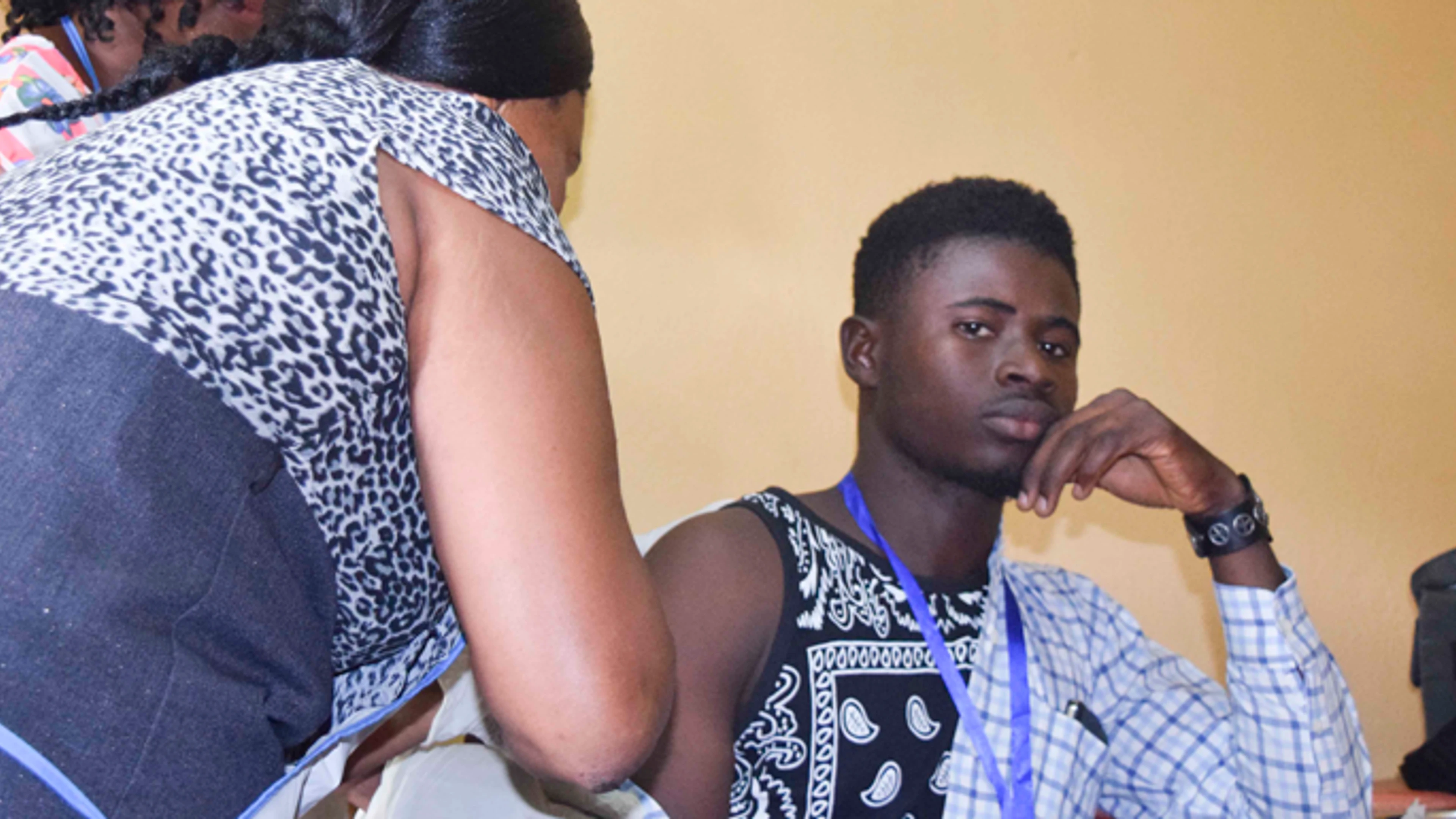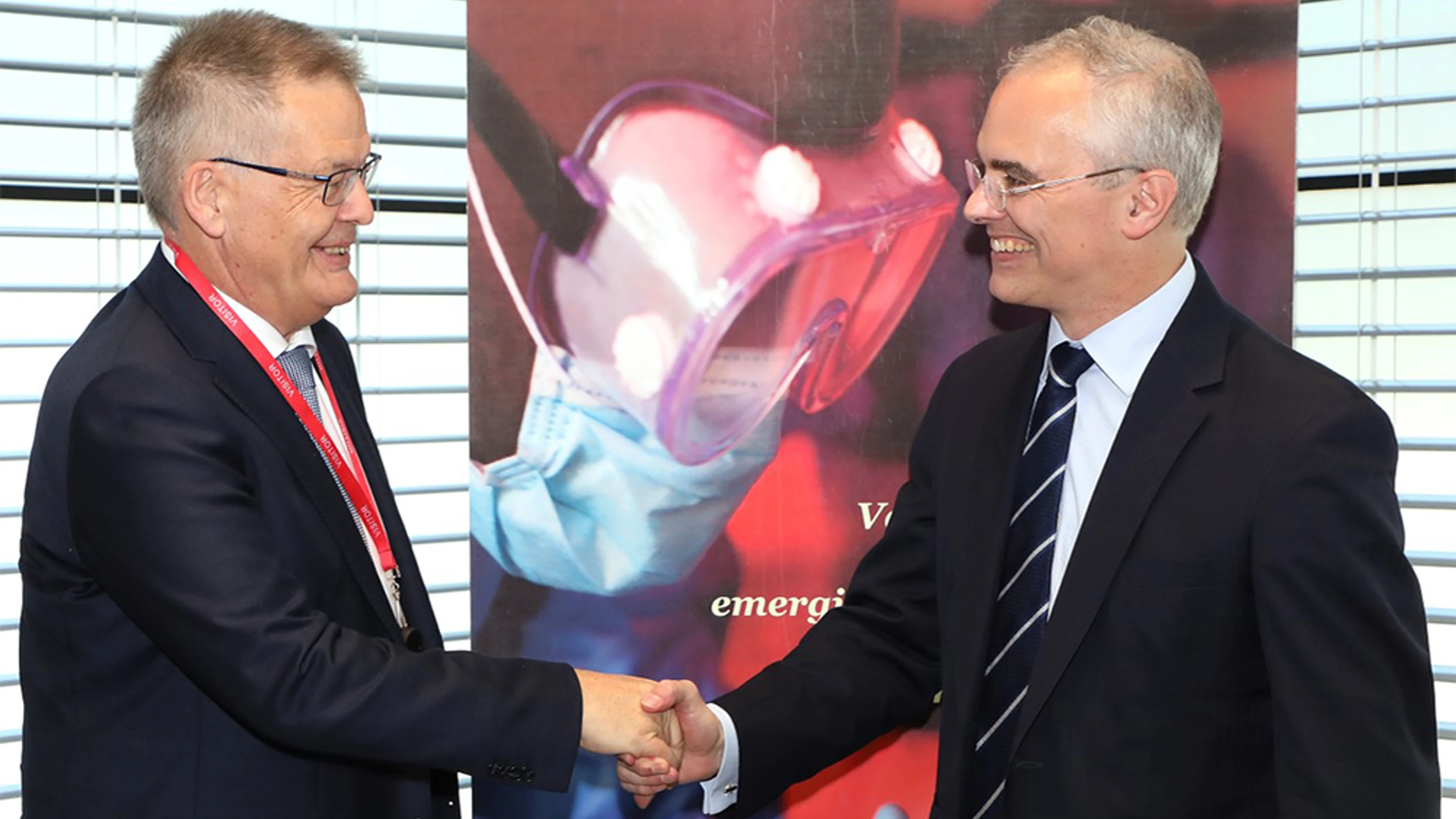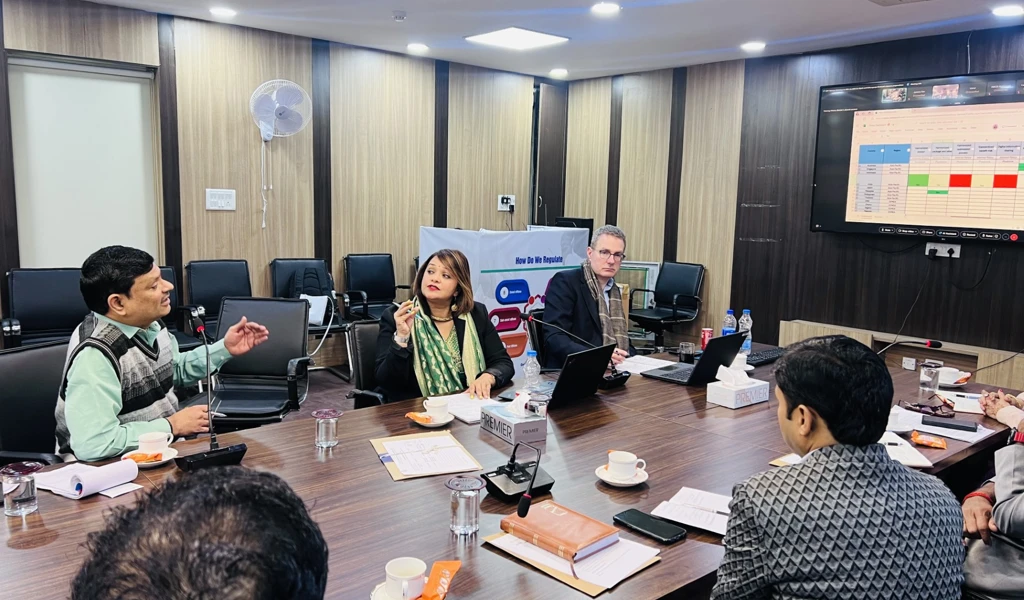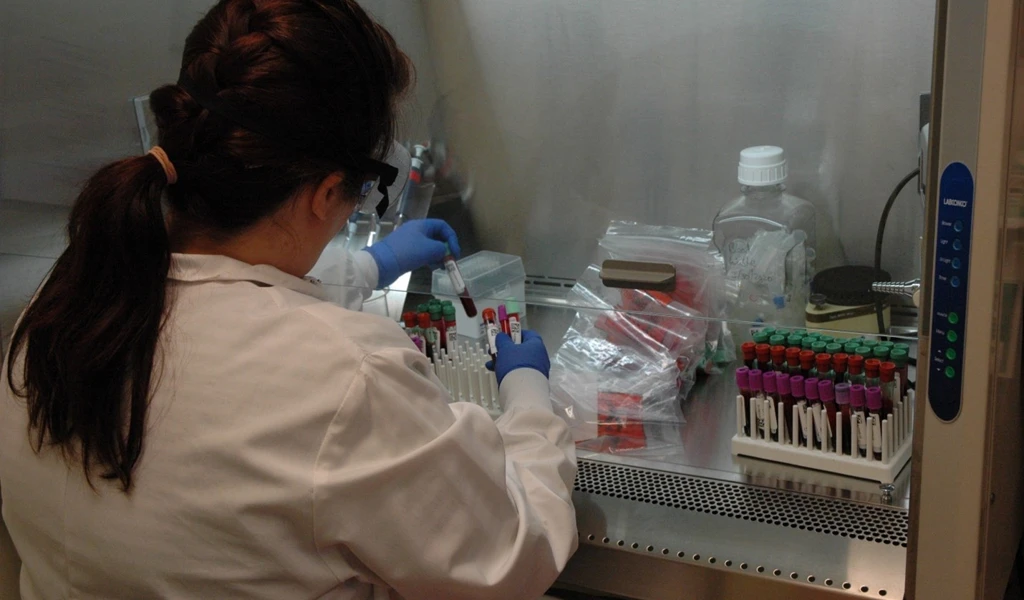Two years ago, in January 2017, the Janssen Pharmaceutical Companies of Johnson & Johnson was proud to support the launch of the Coalition for Epidemic Preparedness Innovations (CEPI) at the World Economic Forum annual meeting in Davos, Switzerland.
Janssen's Johan Van Hoof explains why — and highlights the progress we've made since on epidemic preparedness.
It is often said that we should hope for the best but prepare for the worst.
The world learned the truth of these words the hard way in 2014-2016, when local outbreaks of the Ebola and Zika viruses became global threats in quick succession, without vaccines or treatments to stop them.
In fact, although Ebola and Zika have been known for several decades, these were the first major epidemics — ever — of these pathogens. And as the current Ebola outbreak in the Democratic Republic of the Congo shows, these threats aren't going away.
As the world grows ever more connected, global partnerships are essential to tackle such complex challenges.
That's why Janssen has joined with leading partners in collaborations aimed at leveraging our vaccine expertise to help prepare for worst-case scenarios — before they strike.

One of the first study volunteers is vaccinated with the Janssen Ebola vaccine in Sierra Leone, Africa.
Two years ago, in January 2017, we were proud to support the launch of the Coalition for Epidemic Preparedness Innovations (CEPI) at the World Economic Forum annual meeting in Davos, Switzerland. I myself became a member of CEPI's Scientific Advisory Committee.
CEPI was born out of the lessons learned from the Ebola and Zika crises — specifically, the sobering reality that the world did not have vaccines at the ready to combat outbreaks of these and other neglected diseases of the developing world that have global epidemic potential. The organization aims to address this gap by working with the private, public and academic sectors to fund the discovery and development of new vaccines to the point that they can be stockpiled for late-stage clinical studies and, if needed, deployed for emergency outbreak response.
Only by working in common cause – with organizations like CEPI – can we truly achieve the goal of pandemic preparedness.
Since CEPI's formation, the world has made great progress in the areas of Ebola and Zika. For example, Janssen is in a late stage of developing an Ebola vaccine. So CEPI focused on a key question: Which viruses could strike next?
The organization identified the Middle East Respiratory Syndrome Coronavirus (MERS-CoV), Lassa and Nipah viruses as its initial priority pathogens for vaccine development. There are currently no licensed vaccines to protect against these diseases, all of which can cause serious complications and are associated with significant mortality.
Janssen is working in partnership to achieve progress. Because we understand that no single company or organization can do it alone.
In September 2018, Johnson & Johnson entered into a new project with CEPI and The Jenner Institute at the University of Oxford to help deliver a vaccine against MERS-CoV, and explore new vaccines to prevent Lassa and Nipah.
About few months later, Janssen took an additional step towards a future free of pandemics, joining forces with the UK Government and partners from academia and industry to create the U.K.'s first-ever dedicated Vaccine Manufacturing and Innovation Centre (VMIC).

Janssen’s Johan Van Hoof and CEPI’s Chief Executive Officer Richard Hatchett at the signing of Janssen’s collaboration with CEPI and The Jenner Institute in 2018
These collaborations build on a long-standing and robust commitment by Johnson & Johnson to pursue pandemic preparedness. Through our Janssen Pharmaceutical Companies, we are actively engaged in developing new vaccines and/or treatments to combat a wide range of infectious diseases that are already pandemics, such as HIV, or that have pandemic potential, including Ebola, Zika, and influenza.
In all these areas, Janssen is working in partnership to achieve progress. Because we understand that no single company or organization can do it alone.
Only by working in common cause — with organizations like CEPI — can we truly achieve the goal of pandemic preparedness.


